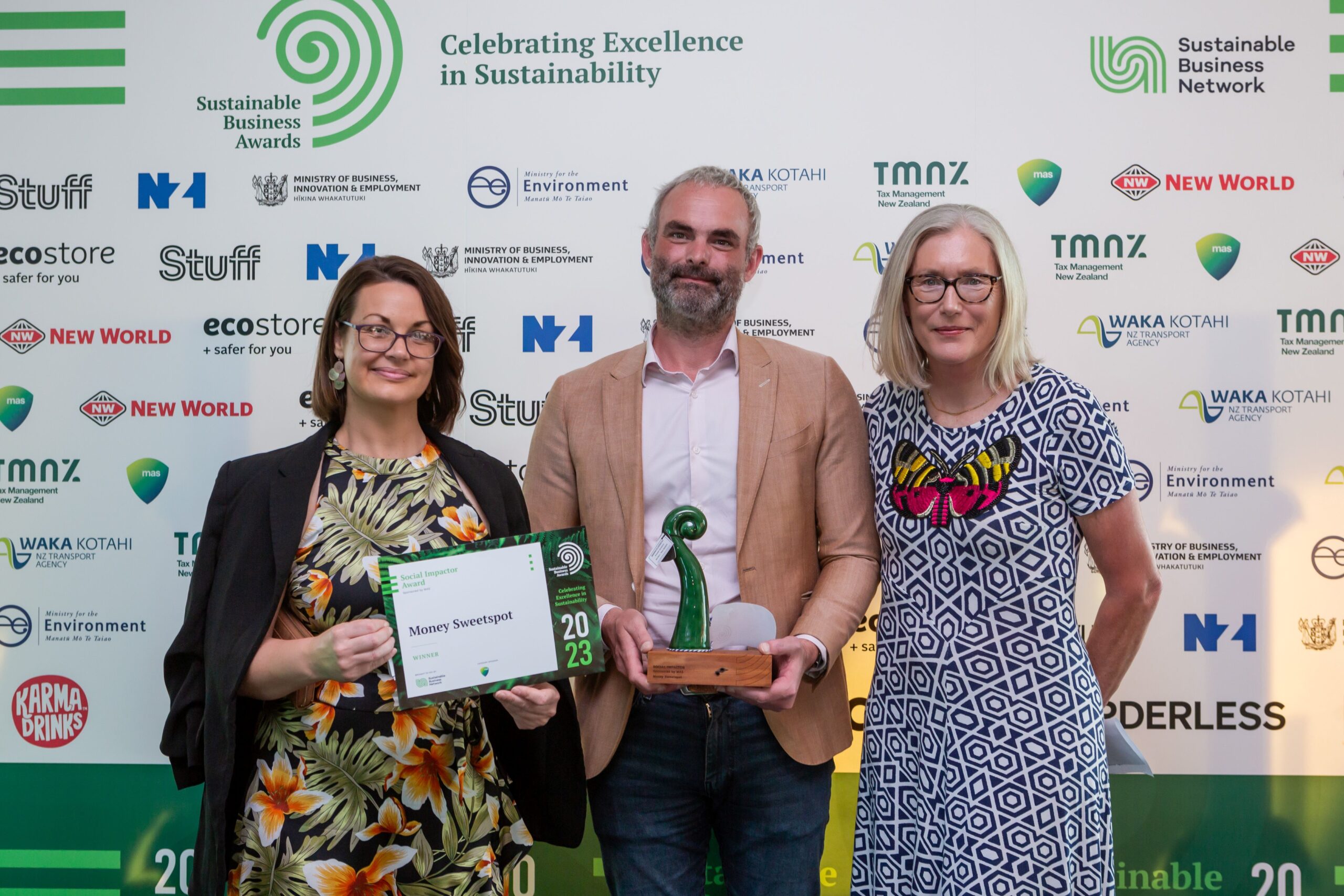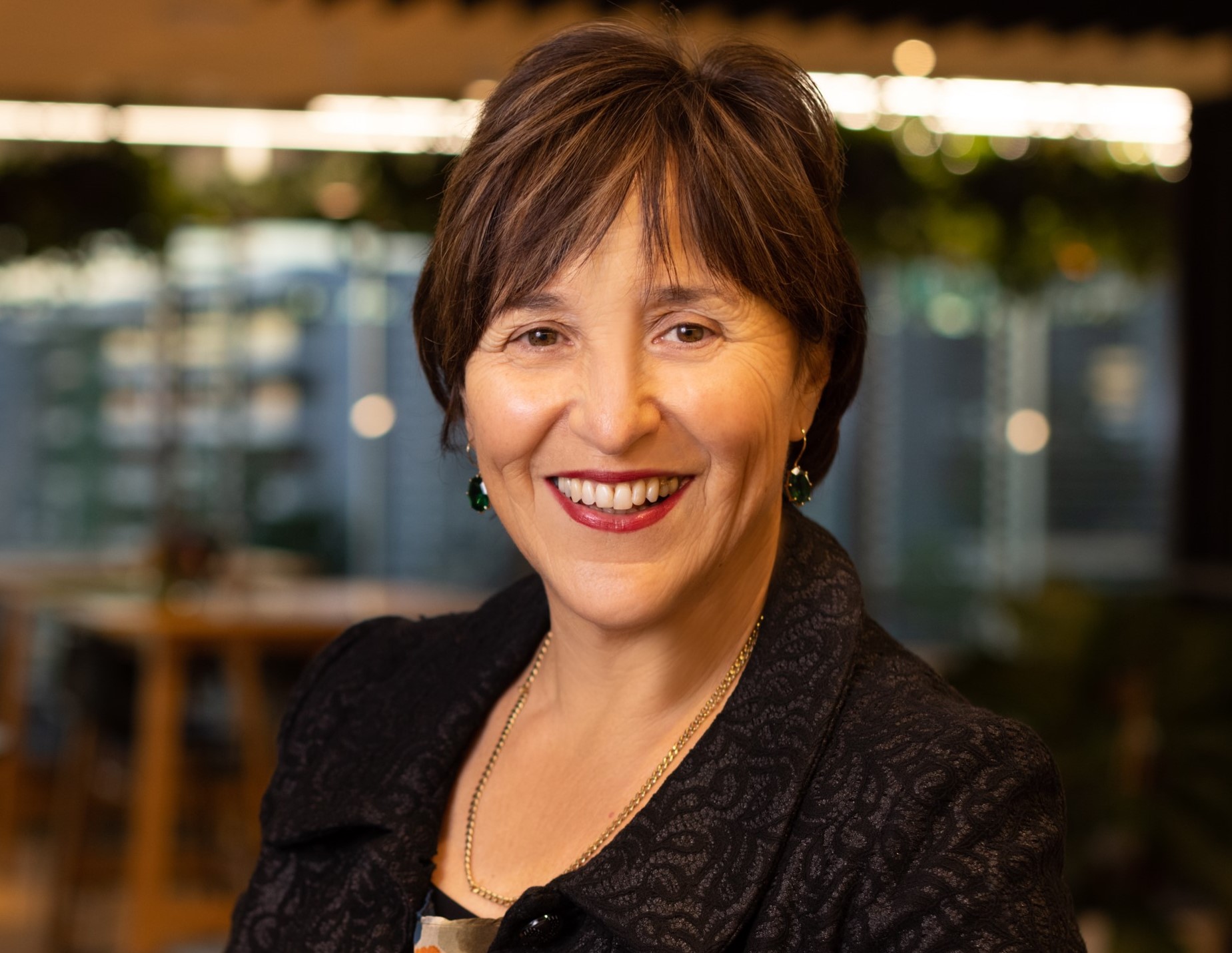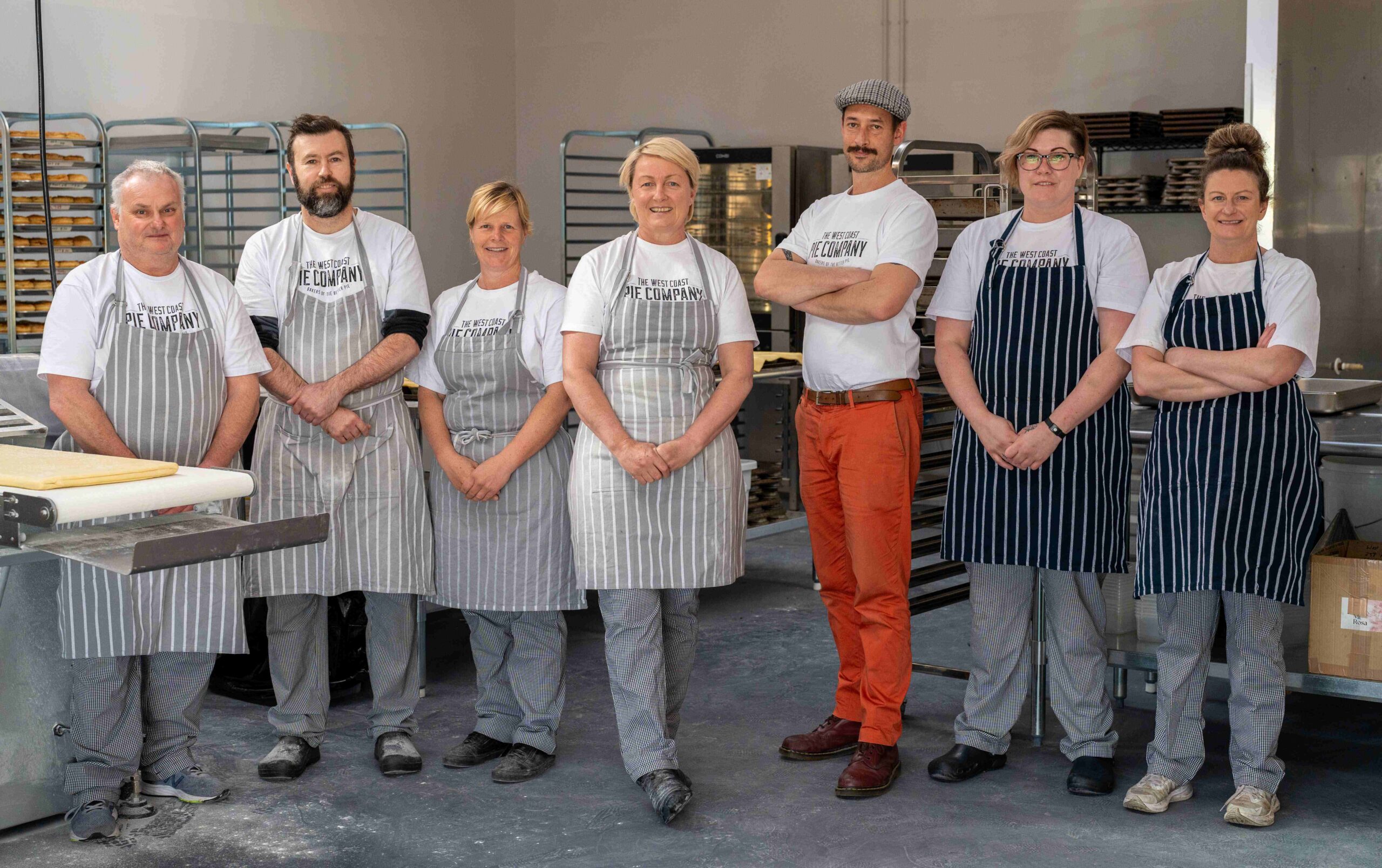Cashing in on carbon
New Zealand’s first voluntary carbon credit marketplace aims to restore native biodiversity and help the country reach its carbon zero goals by selling the first carbon credits exclusively from native […]
New Zealand’s first voluntary carbon credit marketplace aims to restore native biodiversity and help the country reach its carbon zero goals by selling the first carbon credits exclusively from native forest.
Climate change PhD candidate Finn Ross (pictured) is the young entrepreneurial founder of Carbonz (pronounced carbon zee). He says the foundation of the business is rooted in allowing Kiwi businesses and investors to maximise the impact of their carbon offsets via supporting native forest.
“There is currently little liquidity in the New Zealand marketplace for carbon credits. Typically, carbon credits are sold in large blocks via the Emissions Trading Scheme with infrequent trades,” says Finn.
“The existing Emissions Trading Scheme for carbon offset purchases is not well set up for Kiwis hoping to support regeneration of native forests. It’s made for foresters with pine monoculture plantations. Carbonz is for Kiwis who want to see more native forests being restored in Aotearoa.”
The value of native biodiversity
The rate and trajectory of land use conversion to monocrop pine plantations in New Zealand has exponentially increased, largely fed by the increasing price of carbon. Carbonz is a platform that provides an incentive for Kiwi farmers to derive financial value for restoring native forest and associated biodiversity on their land, not planting pines.
The latest Intergovernmental Panel on Climate Change (IPCC) report outlines that best practice for carbon sequestration through trees is to maintain or restore natural species and structural diversity, leading to more diverse and resilient systems.
“Our country has committed to being carbon zero by 2050, and we need a country-wide support network of emissions reduction and carbon sequestration to achieve this,” continues Finn.
“The reality is, most organisations won’t be able to reduce emissions to zero, and therefore buying carbon credits or carbon offsets will be a key part of their sustainability strategy. Carbon offsetting promotes management on farms that incentivises carbon sequestration, like tree planting, pest control, and stock exclusion.”
However, a large portion of trees planted for carbon farming in New Zealand is pine, leading to issues around native biodiversity and the value of native forest.
“Kiwis don’t want New Zealand to become one large pine forest and people don’t understand that carbon credit farming is creating this reality.
“A pine forest generates 30-40 years’ worth of carbon returns before indefinitely plateauing. Aotearoa has exceptional native forest species that can provide long-term benefits of not just carbon sequestration, but selective high quality timber, increased biodiversity, soil, water rāonga, and other spiritual benefits.”
A tonne of carbon for a credit
Carbonz is the country’s first voluntary carbon credit marketplace for tradable credits that can be traced right back to the source. Each credit is equivalent to one tonne of carbon dioxide.
Carbonz is partnering with CarbonCrop to bring buyers and sellers of native carbon credits together. CarbonCrop, a New Zealand company that uses AI to measure the carbon sequestration of regenerating native forest on private farmland, has today launched Native CarbonCrop Units (CCU).
These recognise native carbon sequestration outside of the Emissions Trading Scheme, giving landholders easy access to a new income stream and providing brands a new source of high-integrity carbon offsets dedicated to native forest.
CarbonCrop CEO, Jo Blundell, is excited to launch Native CarbonCrop Units and give landholders a new way to earn revenue from native regeneration on their properties.
“Partnering with Carbonz means we can connect our landholders with buyers of carbon offsets who care about native forest and want confidence in the origin of the offsets they purchase. Collectively, these efforts will incentivise the restoration of native forest across New Zealand in addition to offsetting carbon emissions.”
Carbonz is selling voluntary carbon credits certified by CarbonCrop, as well as New Zealand Units (NZUs), the carbon credits used by the Emissions Trading Scheme, sourced from native forests.
Businesses, investors and individuals can purchase carbon credits through the platform to not only offset a carbon footprint, but also as an investment.
“With the carbon market building momentum across the globe, now is the time for traceable carbon credits that celebrate native biodiversity regeneration. We are proud to be providing this to Kiwis,” adds Finn.
“Carbon markets are currently gate kept in New Zealand and most Kiwis don’t understand how credits work or their ability to access and trade them.
“All Kiwis can get on the carbon credit train by making small purchases, you don’t need to be a large corporation contributing tens of thousands of dollars.”
Businesses already onboard
A number of businesses have already signed on to the platform, including Christchurch International Airport, Ecoya, Go well Consulting, Heilala Vanilla, Les Mills, Maggie Marilyn, Mt Pokaka Timber, Troydon Contracting, Two Islands, and Victory Knives.
“The value of the voluntary market globally was USD$282 million in 2019, and this number continues to grow. Insights from McKinsey Sustainability project that the voluntary carbon credit market will be worth $50 billion by 2030,” says Finn.
“It’s forecast that demand for carbon credits will outstrip supply by 4:1 by 2030. That means the cost of carbon offsetting will need to be at least $75 per tonne over the next decade to reach our 1.5 degree warming target as part of the Paris Agreement.
“Carbonz provides a solution for Kiwis who want to know where their carbon credits are coming from and know that they’re contributing to the regeneration of native biodiversity.
“It’s a win-win for farmers, businesses and New Zealand,” says Finn.






